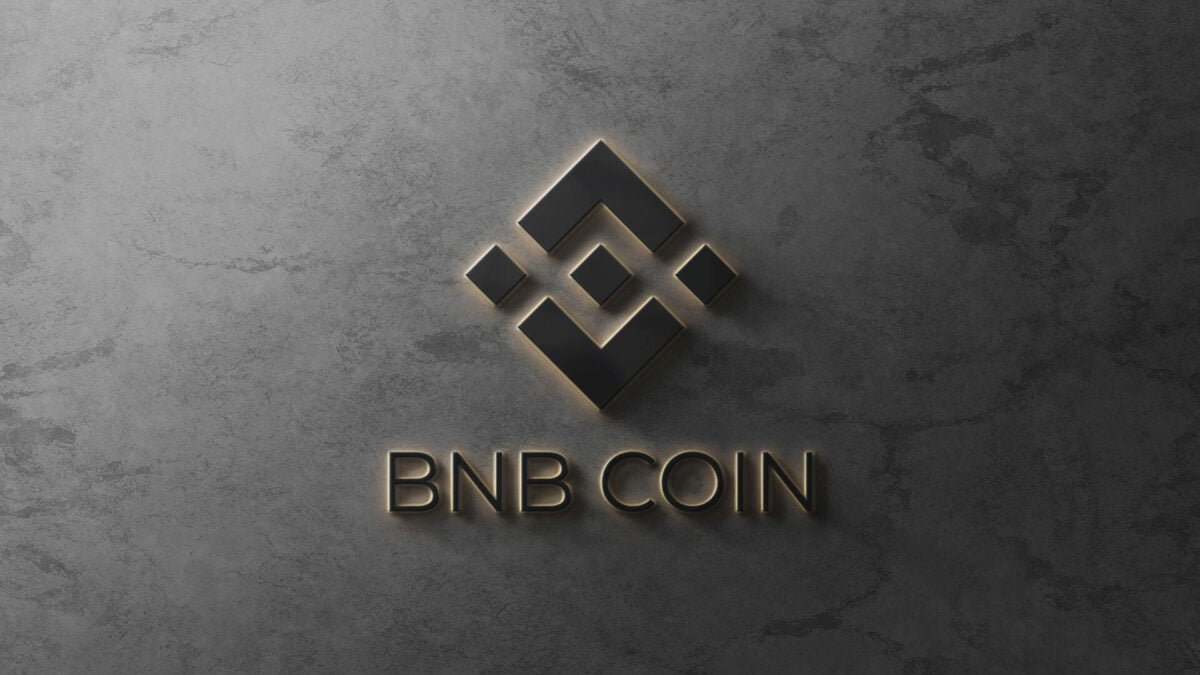TLDR
- A South Korean lawmaker is urging Binance to compensate victims of GOPAX’s frozen GoFi funds.
- The demand follows the FSC’s recent approval of Binance’s acquisition of GOPAX.
- Approximately 3,000 investors lost access to $106 million after the GoFi program collapsed in 2022.
- Lawmakers claim Binance promised compensation as a condition for the GOPAX acquisition.
- Critics question the timing of the deal’s approval under South Korea’s new administration.
A South Korean lawmaker has intensified calls for Binance to compensate investors affected by GOPAX’s frozen GoFi deposits. The pressure follows recent regulatory approval of Binance’s acquisition of GOPAX by South Korea’s financial watchdog. However, lawmakers argue the compensation promise remains unfulfilled, raising concern among stakeholders and affected users.
Lawmakers Demand Action on GoFi Compensation
Rep. Min Byung-dug of the Democratic Party questioned the Financial Services Commission (FSC) about Binance’s commitment to the GOPAX deal. He claimed Binance agreed to compensate GoFi investors as a condition for acquiring GOPAX. Yet, authorities and victims have not seen any repayment plans or formal steps from Binance.
“Binance must fulfill its promise and present a clear plan,” said Rep. Min during Monday’s parliamentary hearing. He also criticized the approval process, saying, “This is a merger not backed by capital.” Approximately 3,000 investors are still awaiting nearly $106 million worth of frozen GoFi funds.
The GOPAX GoFi program had promised high-yield returns but collapsed following the FTX downfall in 2022. As a result, investors lost access to their crypto deposits. Binance completed the acquisition in 2023 to enter the South Korean market but faced delays due to regulatory issues.
Regulatory Approval Raises More Questions
The FSC only approved Binance’s acquisition of GOPAX this month, stirring political controversy. Critics highlighted that the deal was cleared just four months after the new administration took office. Some lawmakers also hinted at possible political ties within GOPAX’s leadership that might influence the outcome.
Binance had earlier faced resistance from the Korea Financial Intelligence Unit (KoFIU). KoFIU blocked the GOPAX deal in 2023 citing Binance’s past anti-money laundering violations in the United States. Approval was granted only after Binance reportedly satisfied compliance requirements.
Binance, the world’s largest cryptocurrency exchange, has officially entered the Korean market after completing its acquisition of local exchange GOPAX, more than two years after the initial deal, officials said Friday.https://t.co/QkVpsFZ4mo
— The Korea Times (@koreatimescokr) October 17, 2025
Rep. Min pressed for transparency in the approval process and emphasized the importance of investor protection. “Regulators must not ignore the victims,” he added. Binance and GOPAX have not released official timelines for the compensation process.
Allegations of Binance’s Foreign Ties Spark Scrutiny
Rep. Kim Jae-sub of the People Power Party introduced fresh concerns during the same hearing. He linked Binance to Cambodia’s Prince Group, citing U.S. Treasury reports alleging illicit activity involving human trafficking and money laundering. He claimed Binance enabled illegal fund transfers for the group.
Kim also mentioned that Binance founder Changpeng Zhao had faced a $4 billion fine and was barred from operating in the U.S. He urged further investigation into five Korean banks that processed related remittances. The total linked transfers reportedly exceeded 3.96 billion won.
In response, Rep. Kang Min-kuk called for financial probes and stronger sanctions. FSC Chair Lee confirmed that his agency is coordinating with related ministries. However, he did not confirm any specific action on Binance or GOPAX ties to the Prince Group.
South Korea Tightens Digital Finance Oversight
The FSC had already begun tightening digital asset regulations since August. The commission ordered local exchanges to suspend lending services amid growing risks. The move directly affected platforms like GOPAX and other crypto businesses.
At the same time, South Korea is preparing to introduce spot crypto ETFs. Authorities are also lifting restrictions on institutional trading, sending mixed signals about the policy direction. President Lee Jae Myung’s government is drafting a stablecoin framework backed by the Korean won.
Despite policy efforts to adopt digital finance, concerns persist regarding enforcement. Lawmakers stress that companies like Binance and GOPAX must fulfill their investor obligations. The GoFi case continues to draw attention as authorities weigh further action.





